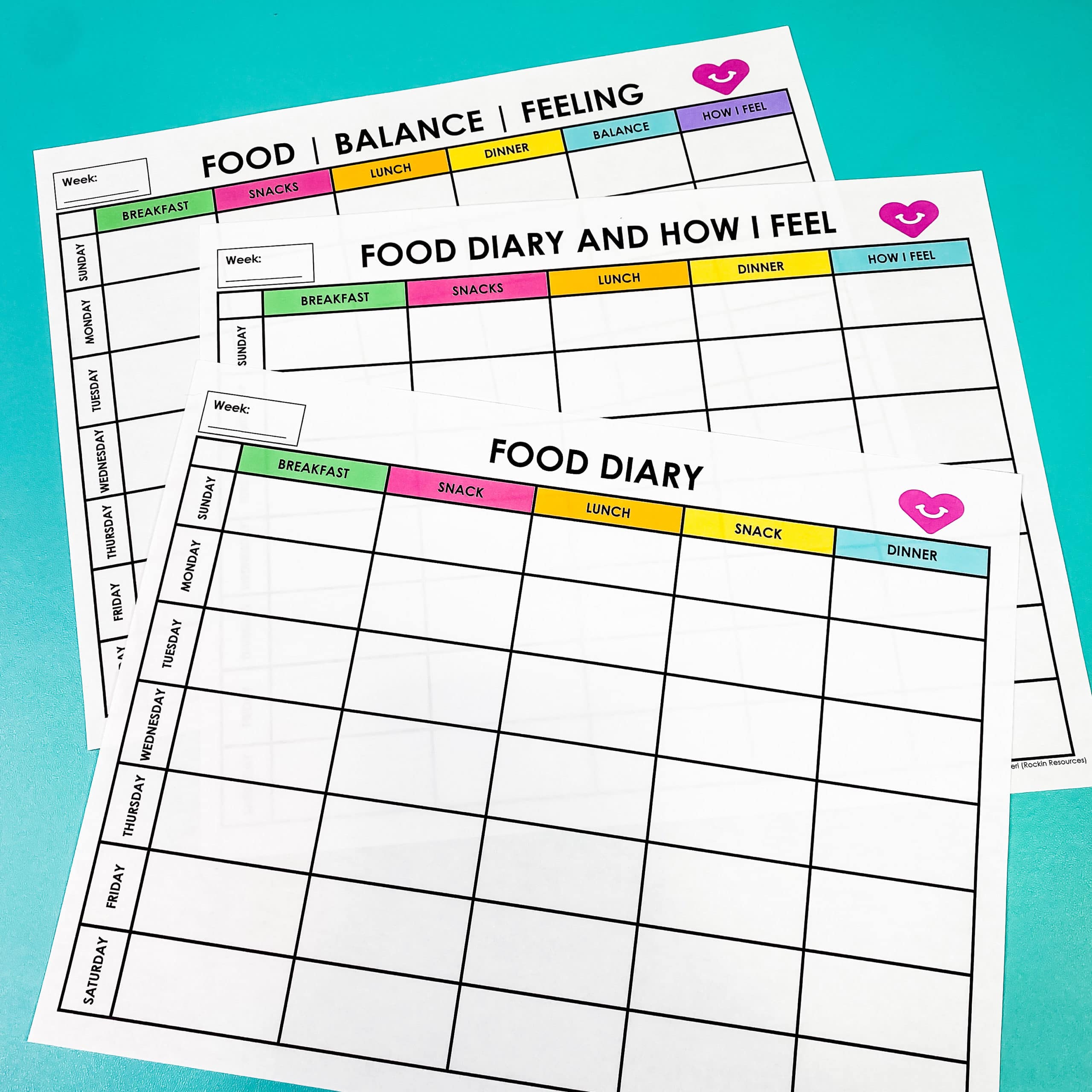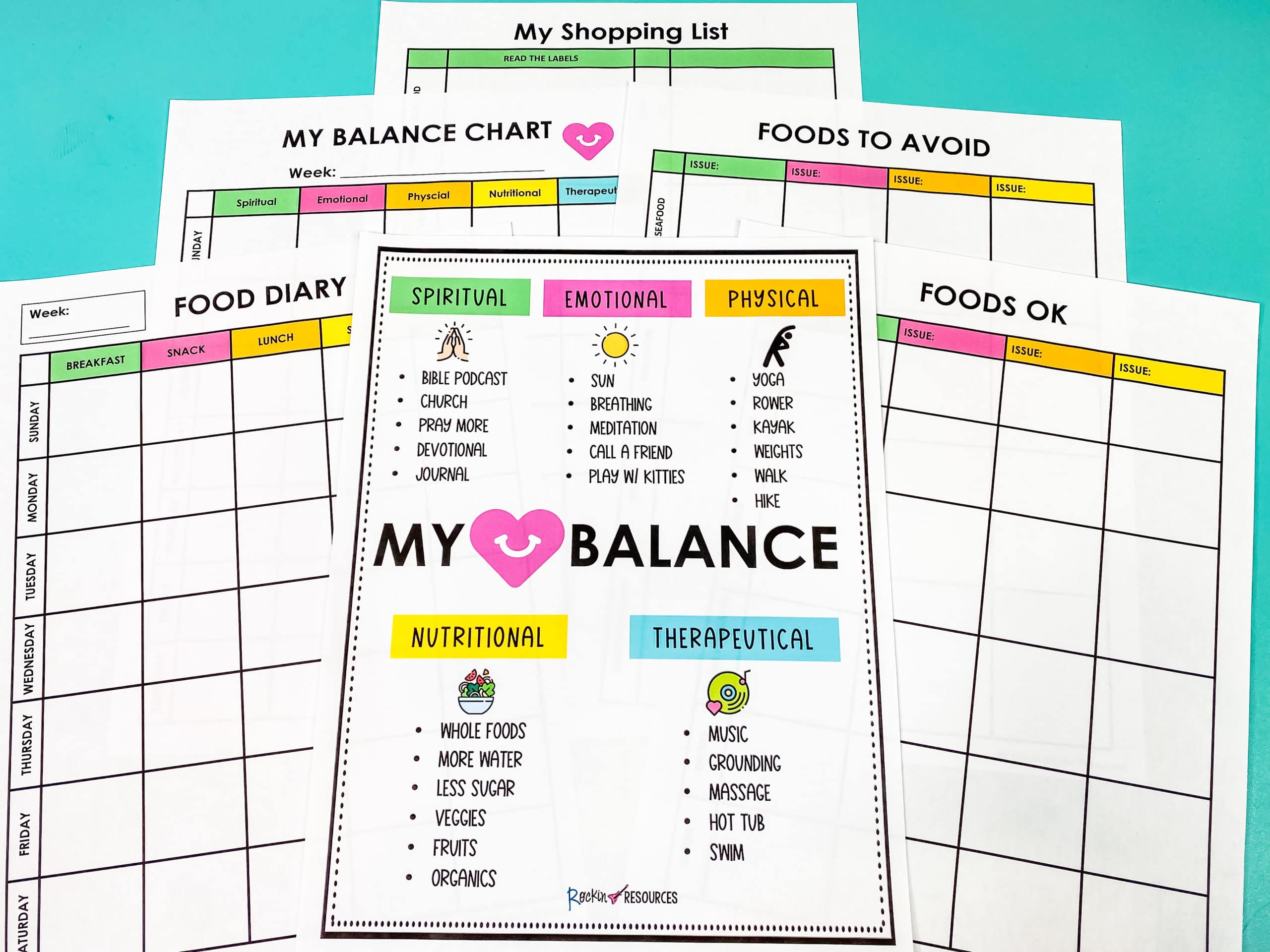An empty lantern provides no light. Self-care is the fuel that allows your light to shine brightly.
- Author Unknown
Oh teachers, haven’t these past few years been rough? I mean really rough? Between wearing masks, teaching remotely, navigating Zoom breakout rooms, and now working to fill the Covid learning gaps, aren’t you just spent?
Normally, I have a self-care category where I write about the importance of self-care for teachers. But knowing what a unique time this is, I knew I needed to make this post a bit more personal. I’ve been there, done that. I know what it’s like to have my light start dimming. It’s not fun and, quite frankly, it can take quite a toll. You entered teaching because you had a passion for helping students. But the world has changed. Stress just seems to keep coming. Well, I’m here to encourage you. I know how you’re feeling and it can get better! Allow me to share my self-care journey so you, too, can shine your light again! I want to share with you my personal challenges, experiences, and how I began to turn things around by tracking the foods I eat using a health journal. Read on to learn about Taking Care of Yourself – Tracking Your Habits!
Who Needs Stress?
Not me! Not you! But time and time again, aren’t you always putting yourself last on the list? You worry about your students, your family, the pressures of your job, and everything else way before thinking about your own needs.
I know firsthand how that affected my health. It put intense stress on my body and caused several health challenges. I don’t want that for you. No, I want your light to shine brightly! I want people to see the best of you, not just what you have left over.
You know those days when you aren’t feeling well, when time is dragging and you look at the clock and see it’s only 9:30 a.m.? Days like those just make teaching that much more difficult. You don’t feel like being bubbly and excited. You can’t seem to keep on top of every student to make sure they are all understanding the lesson. You lack energy and creativity to develop effective lesson plans. Something has to change!
That’s why I’ve written this blog—to help you understand just how important it is to stay healthy so that you can be your best self in the classroom. I want to give you tested tools that I developed and used in my own self-care journey.
So Here’s My Story…
Like you, I was overworked, overtired, and just overwhelmed. My super woman powers began to wane as I attempted to keep up with all the stresses of my job and life. So after years of ignoring my own needs and body, the stress got the best of me. I kept thinking, “It’s not anxiety. I’m just stressed out for the moment.” Well, I started developing several health issues. When I spoke with my various doctors, they all pinpointed stress as being the main culprit. Yes, some of my health issues were genetic, but they told me that stress triggers countless health problems. They also warned that I needed to start taking care of myself NOW.
My health challenges worked like a vicious circle. I had hypothyroidism, acid reflux, high blood pressure, prediabetes, and anxiety. At times, they triggered each other. Then I developed melanoma and thought, “What next?” Honestly, I didn’t want to know. My father died way too young from a different kind of cancer, so my diagnosis certainly gave me the wake-up call I needed. I took a step back and realized it was time to take care of myself. I needed to have balance. If I wasn’t healthy, how could I be the super woman I wanted to be? How could I help my students and my own children be successful with their health choices if I wasn’t experiencing that success? I came to realize that self-care wasn’t about indulging myself. It was about self-preservation
But Life Got Busy…
One of the doctors I saw was a thyroid specialist in Functional Medicine who believed in natural ways to balance all of these issues. He did extensive testing and found allergies, sensitivities, hormone imbalances, and figured out I was prediabetic. He also came up with a program that included making special foods, taking supplements, and more. At the time, I really tried, but life got busy. When I was younger, I was an athlete who loved to exercise. But now, things were so different. My kids were involved in after school activities. I was working. We had financial burdens, too. So, after two months of following his program, I found that, yes, it definitely helped and, yes, I lost much-needed weight, BUT, no, I wasn’t completely healed. As time passed, I decided to get on medications to control some of these issues but also to continue to eat better (I will share some of my food suggestion later) and exercise more. Though it was tough getting back on that horse, I am glad I did! Oh, what a difference it made!
Documenting My Health
As teachers, we track all kinds of information for our students, don’t we? In fact, we’re experts at it. So why not track as part of our self-care journey? I had always been good about documenting my health journey and tracking different foods that bothered me. So, just like in teaching, when you have something good, you want to pass it along to others. That’s what I want to do for you!
I keep track of my medical information in a health journal, which has been especially helpful when I go see a new doctor or want to reflect back about past health issues that may be reappearing. All that information is in one document and only a finger’s reach away. I also use a food diary and other charts to document my health.
What Goes Into My Health Journal?
Besides a timeline of any doctor visit along with notes of the visit, this list pops up at the beginning of my document for a quick glance:
- List of prescriptions (including the dose)
- List of supplements
- Timeline of surgeries or medical procedures
- Summary of issues and when they began
- Reactions from different medications
- A list of doctors with phone numbers
- Family history
- Timeline of immunizations
- Timeline of doctor visits with notes of the visit
I can actually pull it all up on my phone any time I need it! How helpful is that! No more files. No more digging for that information.

So How Am I Now?
Shining brightly! Although, like anyone else, I still have occasional bad days—especially when I splurge or put my guard down with my eating habits—I am nowhere near where I was 10 years ago! I feel better, am so much happier and definitely feel more energized! I continue to do extensive research on what I should avoid eating and which foods help with my particular health conditions. I keep all of this in my food diary that I developed to help track food, balance my health, and document how I feel. I also follow Facebook groups that specialize in natural healing. Now, I can’t wait to revisit that doctor to get another extensive test so I can see my improvement. Read on to learn more about my self-care resources below.

My Accountability Charts
I have charts for several things. (I also include my personal notes at the end in case you have the same issues!) All of my charts are editable, so you can personalize them for your individual needs. No need to Google, do research, or create organizers yourself, because I’ve done it for you. Here’s what I’m sharing:
- My Balance Poster (I keep this up for daily reminders.)
- My Balance Charts: There is a variety to choose from including Weekly, Bi-Weekly, and Monthly, depending on your needs. The categories I use are spiritual, physical, emotional, nutritional, and therapeutical.
- Weekly Food Diary: There are several types to suit your personal needs. One option is just the food diary. Another includes the food diary plus a column for “How I feel”. A third option includes all of that plus a column for balance in case you prefer to have everything together.
- Foods to Avoid for each health issue. I categorize these. (meat/seafood, vegetables, fruit, dairy/nondairy, beans, oils, nuts/fats, baking and carbs, drinks, other)
- Foods Good to Eat for each health issue and divided into the same categories.
- My Shopping List by category. This is when I take all the “Good” foods and combine them. Keep in mind, some of them will be crossed off if they aren’t in the “good” category of the other health issues I track. Say what? I had to cross off cheese?
- Supplements good for each health issue. I don’t necessarily take all of these, but I have them on hand in case I would like to discuss them with my doctor or try them.








